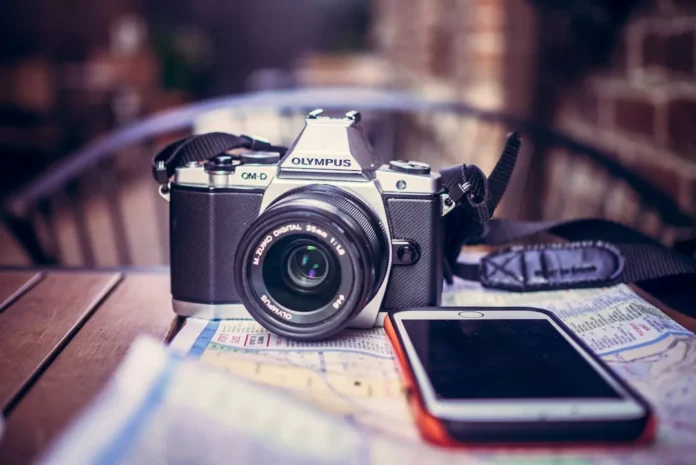Nestled in the quaint town of Reggio Calabria, Italy, lies a hidden gem that is not only a testament to the rich Calabrian culture but also a symbol of the fight against the notorious mafia group, ‘ndrangheta. The Museo de la ‘ndrangheta, also known as the Museum of ‘ndrangheta, is a one-of-a-kind institution that showcases the traditional customs, beliefs, and practices of the Calabrian people while also shedding light on the dark reality of the mafia. At the helm of this magnificent museum is claudio La camera, an anthropologist and director of theater who has dedicated his life to promoting anti-mafia culture through his work.
Born and raised in Reggio Calabria, claudio La camera has always been deeply rooted in his Calabrian heritage. Growing up, he was surrounded by the stories of the ‘ndrangheta, a powerful mafia organization that has plagued the region for decades. However, instead of succumbing to the fear and intimidation, La camera decided to use his passion for culture and arts to raise awareness and fight against the mafia.
In 2016, La camera‘s dream of creating a museum that would showcase the true Calabrian culture and serve as a symbol of resistance against the ‘ndrangheta became a reality. With the support of the local community and various organizations, the Museo de la ‘ndrangheta opened its doors to the public. The museum is a masterpiece, with each room carefully curated to reflect different aspects of the Calabrian culture and the mafia’s influence on it.
One of the most notable sections of the museum is dedicated to the ‘ndrangheta‘s history and its impact on the region. Through photographs, documents, and artifacts, visitors can understand the rise of the mafia and its control over various industries, including agriculture, construction, and tourism. The museum also sheds light on the mafia’s use of illegal activities like drug trafficking and ‘fatture false‘ or fake invoices to launder money and maintain its power.
However, the Museo de la ‘ndrangheta is not just a place to learn about the mafia’s dark past. It is also a celebration of the Calabrian people’s resilience and their vibrant culture. The museum has various interactive displays that allow visitors to experience traditional Calabrian customs and rituals like the ‘pizzica’ dance and the ‘nduja’ making process. There is also a section dedicated to showcasing the region’s beautiful landscapes and promoting responsible tourism.
Apart from the museum, claudio La camera has also used his expertise in theater to create powerful performances that highlight the mafia’s impact on society. He has written and directed plays such as “La ‘ndrangheta a scuola” (The ‘ndrangheta at School) and “La ‘ndrangheta e le donne” (The ‘ndrangheta and Women), which have been performed in schools and communities, reaching thousands of people and spreading the message of anti-mafia culture.
Through his work, La camera has not only created a space for preserving and promoting Calabrian culture, but he has also ignited a fire within the community to stand up against the ‘ndrangheta. The museum has become a symbol of hope and resistance, inspiring people to break the silence and speak out against the mafia’s oppression.
In conclusion, the Museo de la ‘ndrangheta and its director, claudio La camera, are a true representation of the power of culture and art in bringing about change. Their efforts in promoting anti-mafia culture have not only educated people about the mafia’s dark reality but have also empowered them to take a stand against it. As we continue to support and visit this remarkable institution, we can hope for a future where the ‘ndrangheta is nothing but a distant memory in the beautiful region of Calabria.

